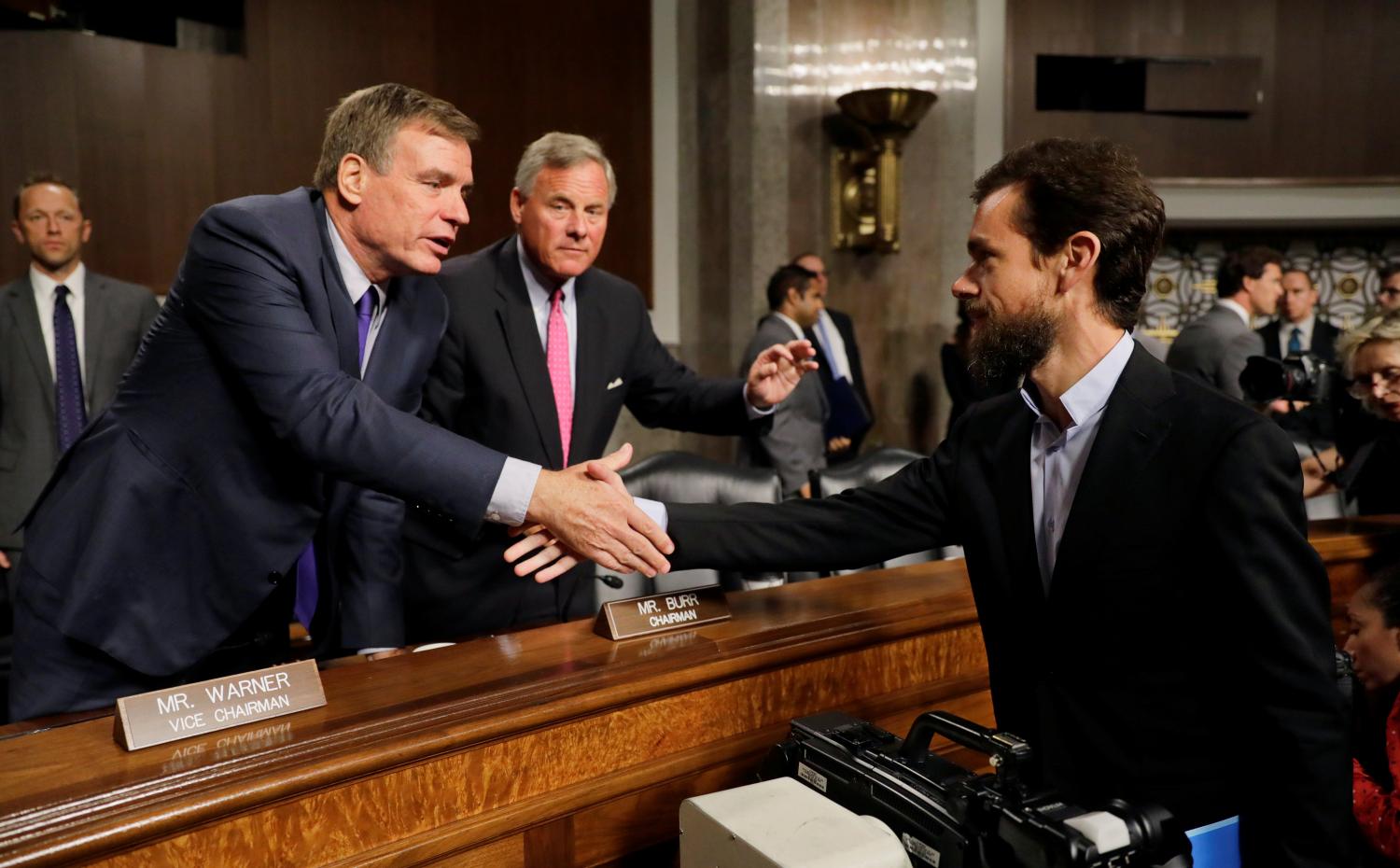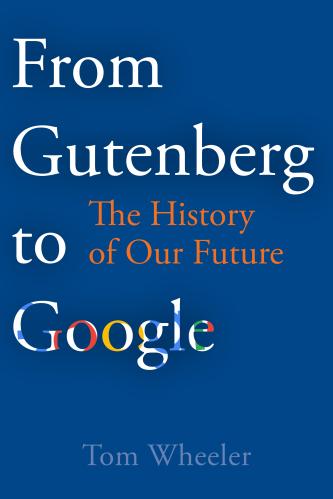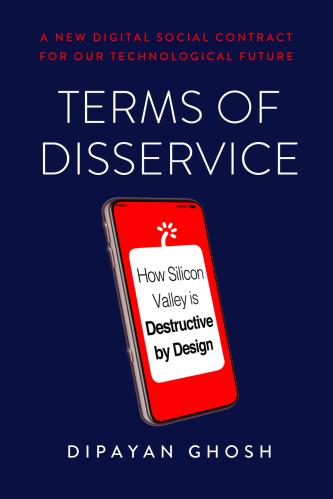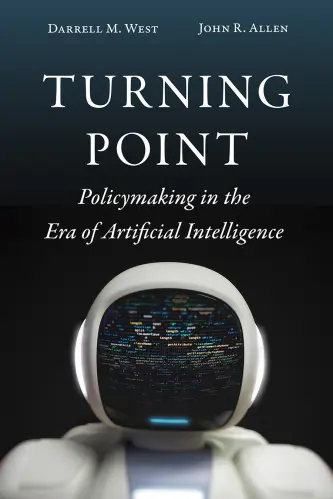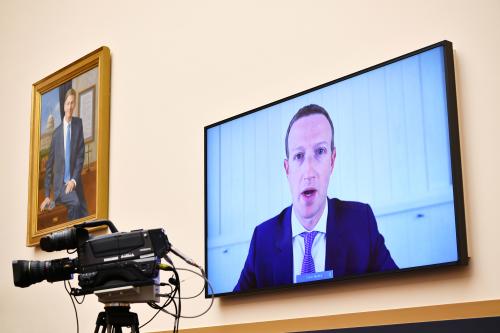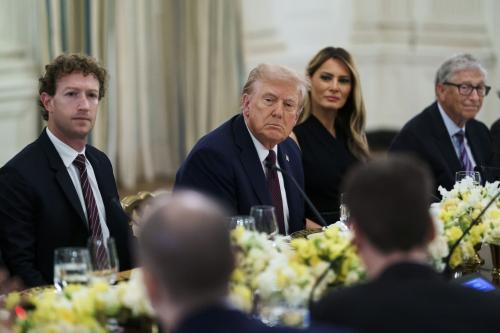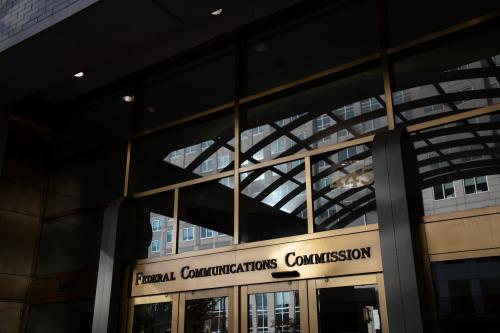EXECUTIVE SUMMARY
As the harmful effects of disinformation and other online problems on individuals and societies become increasingly apparent, governments are under pressure to act. Initial attempts at self-regulation via mechanisms such as voluntary codes of conduct have not yielded the desired results, leading policymakers to turn increasingly to top-down regulation. This approach is destined to fail.
Disinformation and other online problems are not conventional problems that can be solved individually with traditional regulation. Instead, they are a web of interrelated “wicked” problems — problems that are highly complex, interdependent, and unstable — and can only be mitigated, managed, or minimized, not solved.
Recognizing this wicked web of disinformation and related online problems requires a new mindset, which leads to a different solution set. The most effective strategy to manage wicked problems is co-regulation, a multi-stakeholder approach that requires governments and platforms to increase collaboration among themselves, with each other, and with civil society in a joint effort to balance the benefits of a free and open internet with the need to protect citizens and democratic institutions.
To effectively manage disinformation and related online problems, governments and platforms will need to develop an architecture to promote collaboration and build trust among stakeholders. There are several models for multi-stakeholder collaboration, among them the industry-led Global Internet Forum to Counter Terrorism (GIFCT) and the government-led Information Sharing and Analysis Centers (ISACs). Those that prove successful have in common continuous adaptation and innovation and a focus on trust-building and information-sharing.
This paper recommends the creation of government fusion cells for online problems, which would centralize expertise and decisionmaking and serve as a single point of contact for industry, civil society, and other governments. In parallel, it recommends that platforms expand the mandate of the GIFCT to include a broad range of online problems and to facilitate knowledge- and information-sharing, identify and stress-test potential policy interventions, and develop industry standards and best practices. Together these institutions would create an ecosystem that facilitates the collaboration among multiple stakeholder groups that will be necessary to develop a successful whole-of-society approach to managing online problems.
The Brookings Institution is committed to quality, independence, and impact.
We are supported by a diverse array of funders. In line with our values and policies, each Brookings publication represents the sole views of its author(s).

